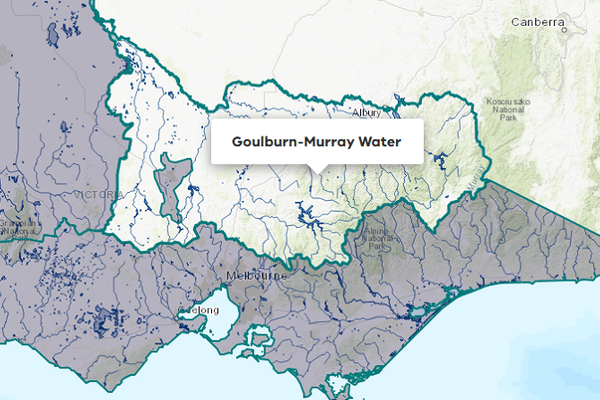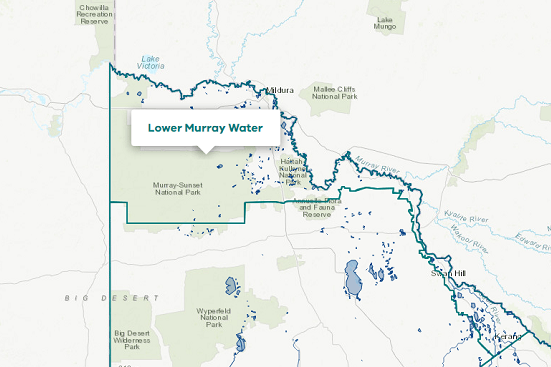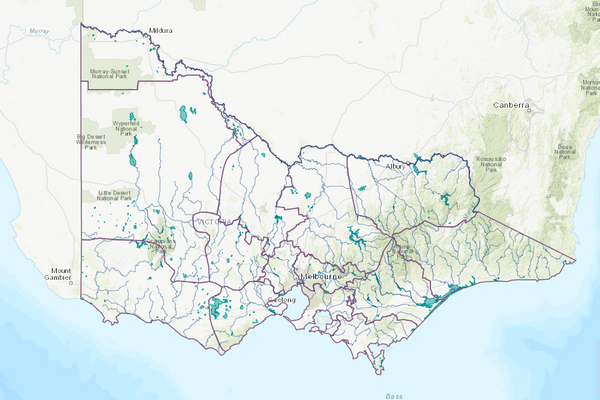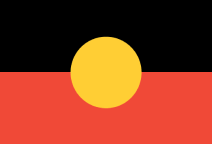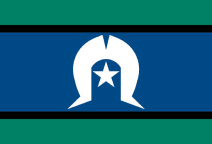About the area
- Grampians Wimmera Mallee Water services a large area – about 25% of Victoria – in the north-west of the state.
- Grampians Wimmera Mallee Water supplies water to urban and rural customers via the extensive Wimmera Mallee Pipeline system. The larger urban areas in the south — Ararat, Stawell and Horsham — are supplied via separate systems. Many towns are also supplied from groundwater.
- Grampians Wimmera Mallee Water sources most of its water from a system of storages in the Grampians, but the northern part of the rural pipeline system is supplied from the Murray.
- More information on the water corporation can be found at Grampians Wimmera Mallee .
2021-22 overview
Urban deliveries
9,090 ML of urban residential and non-residential deliveries were made (in urban and rural systems) in 2021-22, similar to the previous year (9,319 ML in 2020-21).
Rural deliveries
8,311 ML of rural deliveries were made in 2021-22, similar to the previous year (8,265 ML in 2020-21).
Wastewater recycled at treatment plants
98% of wastewater was recycled (3,132 ML of 3,210 ML).
Water deliveries
Table 1: Urban system water balance, Grampians Wimmera Mallee Water
Combined systems
Grampians Wimmera Mallee Water operates 3 combined (urban and rural) supply systems. The Wimmera Mallee pipeline supply system has been divided for reporting purposes into 7 supply systems, each of which supplies several towns. These are presented for simplicity as consolidated reports for the urban and rural systems. Water is sourced from the and basins.
Table 2: Combined system water balance, Grampians Wimmera Mallee Water
Recycled water
Water recycled at wastewater treatment plants can be used to supplement water available in river basins. Table 3 below lists the wastewater treatment plants managed by Grampians Wimmera Mallee Water. Water discharged to the environment from treatment plants is included as an inflow to the water balance for each of the river basins.
The Essential Services Commission made some changes to recycled water data categories in 2021-22, so we have not included a comparison to 2020-21 in the table below. Click here to download the data for . More information can be found in How we account for water .

